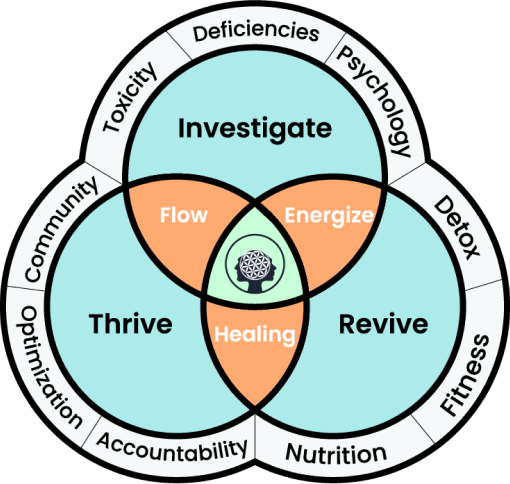If you are a patient-facing digestive issues, you must be in confusion related to the cause of those issues. You might be thinking it is normal indigestion, food intolerance, or something more complex, such as SIBO or
SIBO die-off symptoms. Today, we are here to help you distinguish between the symptoms of SIBO die-off and food intolerances, as this can be challenging for you yet crucial for effective treatment. Both conditions can cause overlapping symptoms, but they stem from different underlying mechanisms and require different approaches to manage.
SIBO die-off symptoms, also known as Herxheimer reactions, occur during SIBO treatment when antimicrobial agents kill large numbers of bacteria rapidly. As these bacteria die, they release endotoxins faster than your body can eliminate them, triggering an inflammatory response.
According to research, SIBO die-off symptoms typically begin within a few hours to a few days after starting antimicrobial treatment and usually resolve within 3-7 days as your body clears the released toxins.
Food intolerances involve difficulty digesting certain foods, often due to enzyme deficiencies or sensitivity to food components. Unlike allergies, intolerances typically cause delayed reactions and aren't life-threatening but can significantly impact quality of life.
SIBO die-offs and food intolerances can feel surprisingly similar, but they have different root causes and timelines. Let us now discuss the key differences that can help you better manage symptoms and avoid confusion during SIBO treatment.
This information can reveal patterns that help distinguish between SIBO die-offs and food intolerances.
If you've recently started
SIBO treatment and suddenly experience new or worsening symptoms, a die-off is more likely. If symptoms consistently follow certain foods regardless of treatment status, food intolerance is more probable.
If you're experiencing die-off reactions during SIBO treatment, these
strategies may help during recovery:
Understanding whether you're experiencing SIBO die-off symptoms or food intolerances is essential for effective treatment. While die-off reactions are temporary and indicate progress in treating SIBO, food intolerances require specific dietary modifications. Working with a knowledgeable healthcare provider who specializes in digestive disorders can help you navigate this complex terrain and develop a personalized treatment approach that addresses your unique needs. To get more information on SIBO, you can watch through our informational blogs at Conscious Medicine.





